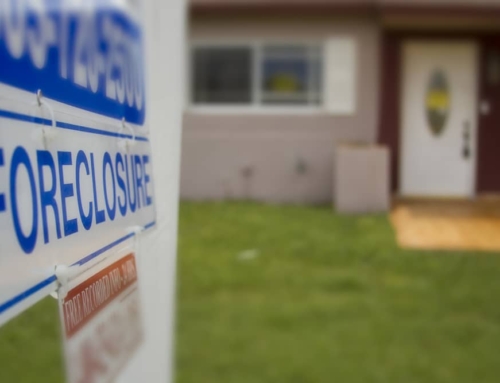Q: My mother owns the house she grew up in, and plans on leaving the house to myself and my siblings after she dies.
She inherited the home mortgage-free from her parents, and there is no loan on the property.
The house is in an older, well-established neighborhood and the property values have appreciated over the years.
I am named as executor of the will. My two siblings have always thought Mom should just sell the house now, but she wants to hold on to it so that it can be left to us in her estate. I have always loved the house, since I too, grew up in it and do have emotional ties to it.
Recently, my husband and I have discussed the possibility of buying the house from her. While it would be expensive to purchase it at the current market price, we don’t want to do anything that would hurt anyone financially or emotionally, and certainly don’t want to create ill will within the family. Money has a way of doing that!
What would be the best way to handle purchasing the home so that both she and all three siblings would be happy with the financial outcome?
A: I’d suggest that you and your husband start your quest by talking to your mother and siblings about your plan. While your siblings talk about selling the property now, that might change once your mother passes and the emotions and memories kick in.
If everyone thinks it is a splendid idea for you to purchase the property, you can decide to make an offer now, at the current market value — or, you can see if your mother will give you a third off the market value. If you go the latter route, you’ll have to understand that after your mother is gone, your share of your mother’s inheritance will be a lot smaller than your siblings.
It’s actually a lot cleaner to actually buy the property from your mother’s estate.
Once your mother dies, you can then offer to purchase your siblings’ shares of the property directly from them. The property will be valued at the market price on the day your mother passes, and you can easily divide by three to see what it would cost. Ideally, you’d pay two-thirds of the market value, which would allow you to have a down payment for mortgage purposes.
An estate attorney or real estate attorney can help you map out the other issues (and tax consequences) that will go along with your plan.
By the way, it sounds as though your mother made a good choice in naming you executor of her will. It’s nice to choose someone as thoughtful and considerate as you seem to be.






Leave A Comment